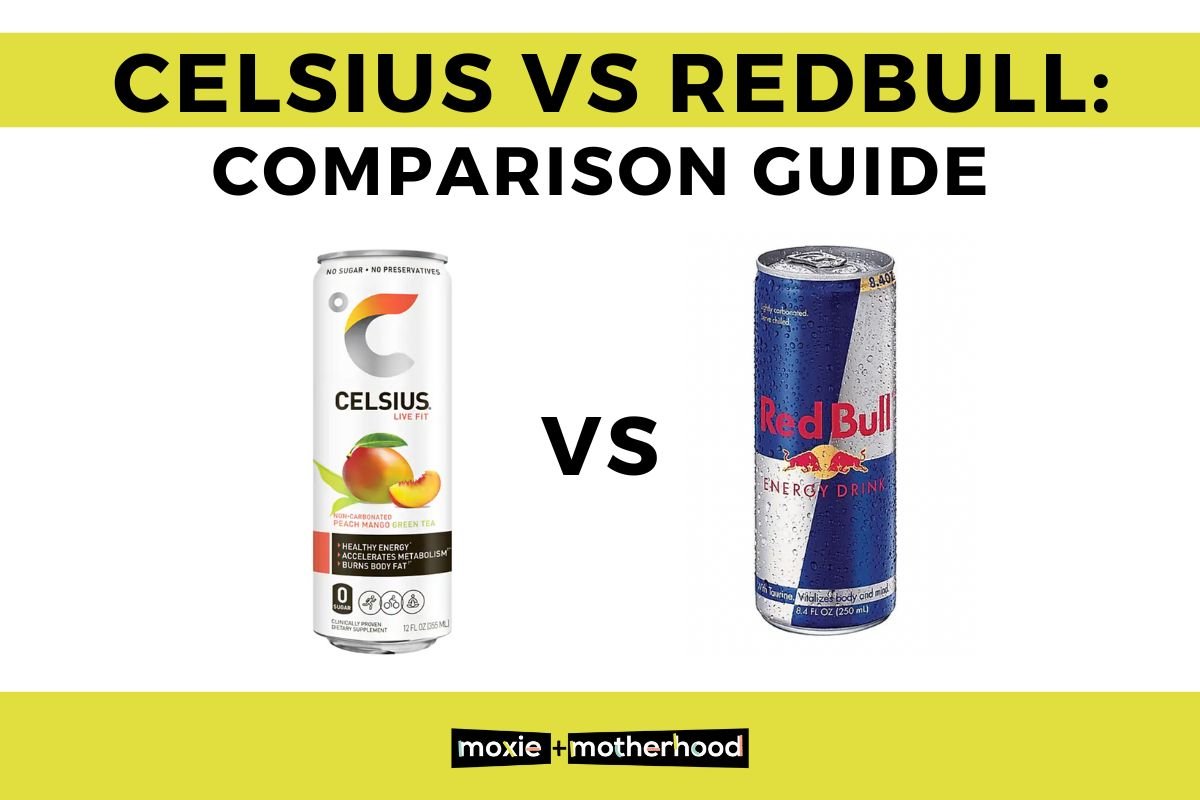Choosing the best energy drink depends on what a person values most—whether it’s caffeine content, flavor, or nutritional quality. The top energy drinks combine effective caffeine levels with ingredients that minimize crashes and support sustained energy. Popular options often include brands with moderate caffeine and lower sugar to provide a clean boost.
Many energy drinks on the market deliver quick energy but differ widely in their health impact and taste. Those looking for a healthier option may prefer drinks with added vitamins and fewer artificial additives, while others might prioritize flavor or a strong caffeine kick.
What’s the best energy drink? With so many brands tested and reviewed, it’s clear no single drink suits everyone. The right choice depends on preference, context, and desired energy duration.
Factors That Define the Best Energy Drink
The best energy drinks balance effective stimulation with health considerations. They provide a controlled amount of caffeine, minimize harmful additives, and offer beneficial nutrients that support energy metabolism and physical performance.
Caffeine Content and Sources
Caffeine is the main stimulant in energy drinks, but quantity and source matter. Drinks with 200 milligrams or less of caffeine are generally preferred to avoid jitters and crashes. Natural sources like green tea extract or guarana provide caffeine alongside antioxidants, which may offer a smoother energy boost.
Synthetic caffeine is common but may lead to rapid energy spikes and subsequent crashes. The absorption rate varies by source, influencing how steadily energy is released. Consumers sensitive to caffeine might opt for lower doses or caffeine-free options fortified with vitamins and electrolytes.
Sugar Levels and Artificial Sweeteners
Many energy drinks contain high sugar amounts, which can lead to energy crashes and long-term health issues. The best products limit sugar content or use natural sweeteners like stevia or erythritol.
Artificial sweeteners provide sweetness without added calories but should be chosen carefully due to potential digestive effects or aftertaste. Products with low or no sugar generally support sustained energy without sharp blood sugar fluctuations, making them preferable for health-conscious consumers.
Nutritional Value and Ingredients
Key nutrients in quality energy drinks include B vitamins, which help convert fat into energy efficiently. Ingredients like taurine and electrolytes can improve mental focus and hydration, supporting overall performance.
Drinks free from artificial colors, preservatives, and unnecessary additives reduce health risks. Transparent labeling and clinically supported ingredient dosages are important indicators of a product’s reliability and safety for regular use.
Top-Rated Energy Drinks Compared
Energy drinks vary significantly in taste, purpose, and health impacts. Some prioritize flavor variety, while others focus on specific benefits like workout endurance or mental alertness. Consumers must weigh these factors to find an option that fits their unique needs.
Taste and Flavor Profiles
Taste is a primary factor in choosing an energy drink. Popular brands offer a spectrum from fruity and sweet to more subtle, tea-like flavors. Some drinks incorporate nostalgic candy-like notes, appealing to those who prefer bold or unusual tastes.
Many top energy drinks balance a strong caffeine punch with pleasing flavor. Brands using natural ingredients tend to favor cleaner, less overpowering profiles. For example, options with green tea or botanical infusions often present milder, less sugary flavors compared to classic formula drinks with artificial sweeteners and dyes.
Flavor consistency varies; some brands maintain a stable profile, while others include limited editions or seasonal blends. Consumers should consider if they prefer a reliable classic taste or enjoy trying new flavors frequently.
Intended Use Cases: Workout, Study, Gaming
Energy drinks target different scenarios. Workout-focused options typically contain ingredients like B vitamins, electrolytes, and moderate caffeine to boost endurance and recovery without sharp energy crashes.
For studying or work, drinks with balanced caffeine and added focus-enhancing compounds like taurine or L-theanine are favorable. These aim to improve concentration and alertness for extended periods without overstimulation.
Gaming energy drinks often emphasize sustained alertness and quick focus bursts. They may include nootropics and moderate caffeine content designed to prevent jitters while maintaining mental acuity during intense sessions.
Choosing the right energy drink depends on the activity’s duration and intensity, with many brands tailoring formulas accordingly.
Health and Safety Considerations
Health impacts vary with caffeine content, sugar levels, and additional ingredients. Drinks with over 200 mg of caffeine per serving require caution due to potential side effects like increased heart rate or anxiety.
Low-sugar or sugar-free options appeal to consumers prioritizing metabolic health. Many recent products reduce artificial dyes and include natural ingredients to appeal to health-conscious buyers.
Consumers with sensitivities should monitor labels for stimulants and additives like taurine, guarana, and herbal extracts. Those with cardiovascular concerns or caffeine intolerance should avoid high-caffeine drinks.
Hydration and moderation remain key https://deltanative.com to safe consumption, as excessive intake can lead to negative effects regardless of the brand.

